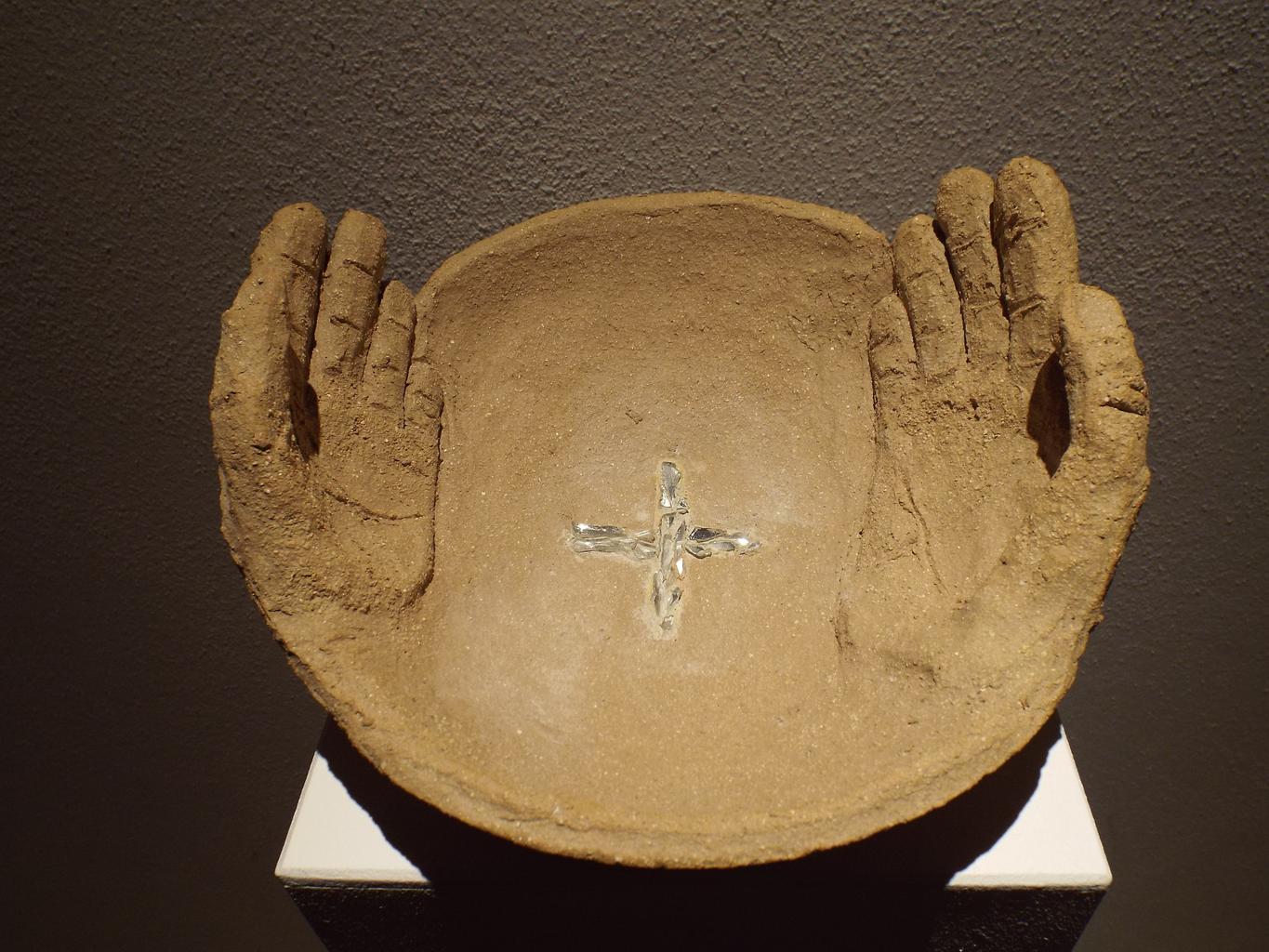
Suffering reshaped by love contains a sacred gift.
Blessed are you when people revile you and persecute you and utter all kinds of evil against you falsely on my account. Rejoice and be glad, for your reward is great in heaven, for in the same way they persecuted the prophets who were before you (Matthew 5:11-12).
Do not misunderstand this Beatitude. Jesus is not saying that after you show mercy, love God, and make peace, that you must provoke someone to persecute you. Obedience to Christ asks no masochism.
You probably did not need for me to tell you that. Yet, in the early church, some took this Beatitude quite literally. Ignatius of Antioch implored those who tried to intervene on his behalf against Roman persecutors: “Do not interfere. I plead with you, do not do me an unseasonable kindness. Let me be fodder for wild beasts — that is how I can get to God.”[1]
Earnestly I pray that Ignatius got to God. But with equal earnest, I urge you not to follow his example. Do not lust for a cross. In ways subtler than that of Ignatius of Antioch, some still do. Some still make suffering their identity, their badge of honor.
Suffering is not the goal of faithfulness. Rather, Jesus blessed the persecuted, not because he expected us to seek out suffering, but because he knew that suffering comes to us sooner or later. All of us face death eventually, and along the way, we grieve countless lesser deaths. When we face our deaths great and small with love, especially with love for those who treat us with hate, our love bears sacred witness to God’s love.
Do not ask why God allows suffering unless you are prepared to tell a coherent and meaningful life story with no suffering in it. Do not ask unless you can imagine joy without its opposite magnetic pole of pain. Good luck. I cannot. Suffering is woven into the warp and woof of life, not only our lives, but God’s. Yes, God’s. Remember the cross.
Jesus blessed those persecuted for openly loving him because love, not suffering, is the goal of faithfulness. And when suffering inevitably comes, love will reshape it until into something that lifts up the God who loves the sufferer. When your love bears witness to God’s love like that, you already possess all the riches of heaven.
[1] Ignatius of Antioch, “Letter to the Romans,” in William C. Placher, ed., Callings: Twenty Centuries of Christian Wisdom on Vocation. (Grand Rapids, MI: Wm. B. Eerdmans Publishing, 2005), p. 34.
Related Posts
Martyrdom: To Bear Witness by Loving
Suffering for Love
Dr. King On Overcoming Fear With Love


Having suffered much at the hands of fellow Christians (i.e. will meaning church members), I had to learn to process that suffering. I came to see my suffering as part of the work of the Lord to make me into the minister that God wanted me to be.
That being said, I did not desire to suffer. I did not seek to be put upon by those that thought they were doing God’s will. But like Joseph I learned that what they meant for harm God used for good.
Loving pastors like you are especially vulnerable to the forces that lead to persecution. Those include the projection of needs on the pastor that people cannot expect a human being to meet and the church’s accommodation to secular values that the pastor must resist. There are many more. But whatever the dynamics behind what you faced, your life bears witness to God’s love. “Martyr” literally means “witness,” and God shapes a life of witness through the suffering of God’s servants.
Poor old Ignatius. Was he thrown to the lions?
He was. But considered it suffering with Christ, the ultimate meaningful death. The earliest Christians considered martyrs their ultimate exemplars, and much of their spirituality revolved around emulating them. When you consider the Beatitude, “Blessed are those who are persecuted for my name’s sake,” it is a fruitful spirituality even if we believe that Ignatius was wrong to actively seek it. We can emulate the love of the martyrs in how we love and leave it to God to determine whether the ultimate sacrifice is our calling.